Have you ever wondered why humans think and act the way we do, and why no other species on our planet is capable of the same intellectual feats? Enter psychology, the ever-evolving field that continues to explore more mysteries of the human mind with each passing day.
Whether you have a P.h.D. in psychology or you just enjoy having some weird facts about the human mind on deck to impress your friends, learning more about how our brains work is never a bad idea. We’ve compiled a list of the 10 best psychology books to clue you in on the truths behind some of the most puzzling mysteries of the human mind. From understanding the minds of murderers to exploring why we form families and societies, each of these books uncovers a different area of psychology.
Related: 13 Female Scientists Who Shaped Our Understanding of the World
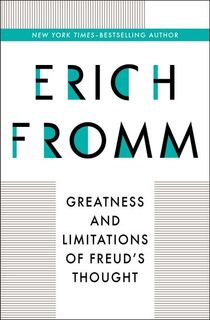
Greatness and Limitations of Freud's Thought
This is renowned social psychologist Erich Fromm’s classic study of Freud’s most important—and controversial—ideas. Fromm inspects Freud’s foundational concepts and boils them down to one common thread: “and the truth shall set you free.” Freud was a proponent of talk therapy, believing that honest discourse could help unhappy patients work through their issues.
Related: More Than a Scientist: The Lesser-Known Life of Sir Isaac Newton
Freud pioneered many aspects of modern psychology, touching on topics such as repression, rationalization, dreams, and sexuality, but some of his most groundbreaking work is still hotly debated by experts today. Fromm’s Greatness and Limitations of Freud’s Thought dives deeper into Freud's ideas and examines his remarkable insights as well as some of his flawed ideas.
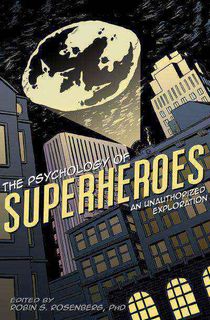
The Psychology of Superheroes
In this fun collection of essays that riff on pop culture, psychologists explore such questions as, why do superheroes choose to be superheroes? Where does Spider-Man’s altruism come from? Why are super-villains so aggressive?
Classic comic book superheroes, from Batman and Wonder Woman to the X-Men, are psychoanalyzed in this unique volume. Superheroes have fascinated and entertained for decades. Now, it’s time for us to get a deeper look into their world, as seen through the eyes of psychologists.
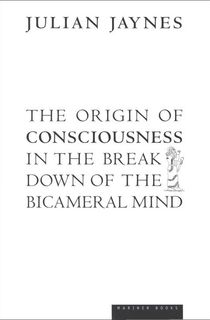
The Origin of Consciousness in the Breakdown of the Bicameral Mind
Don’t shy away from this book because of its lengthy and academic title. Julian Jaynes does a fantastic job at breaking down his most widely recognized thesis, so that it's accessible to even the most inexperienced psych fan.
Jaynes theorizes that human consciousness did not begin that far back in evolution. Rather, he believes the human consciousness is a learned process that only developed around three thousand years ago and is still evolving. His idea reaches into every corner of psychology, and while the concept is admired by some, it remains controversial in the field.
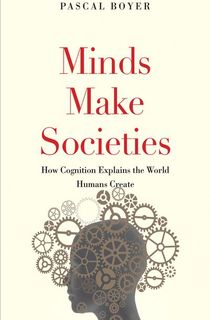
Minds Make Societies
Integrating ideas from evolutionary biology, genetics, psychology, economics, and other fields, Boyer dives into the foundational concepts that make up human society and why humans engage in certain social behaviors.
Related: 13 Books That Explore the History of World Religions
He explores such questions as, why do we engage in behaviors like forming families and tribes? Why does religion exist? Why do we believe low-value information like rumors? What is social justice? Minds Make Societies explains the ins and outs of the social patterns that make us who we are.
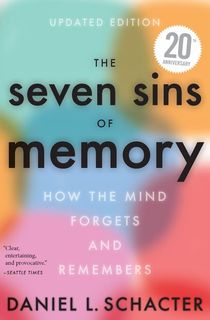
The Seven Sins of Memory
In this New York Times Notable Book, Harvard psychologist Daniel L. Schacter reveals the intriguing study he conducted on the memory miscues that occur on a daily basis. He divides these miscues into seven categories: absent-mindedness, transience, blocking, misattribution, suggestibility, bias, and persistence.
Schacter uses these categories and vivid examples from case studies, experimental evidence, and even high-profile news such as the O.J. Simpson verdict and Bill Clinton’s grand jury testimony to explore the different lapses and mistakes that can occur in human memory.
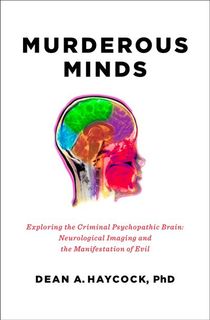
Murderous Minds
Blending together true crime and neuroscience, psychologist Dean A. Haycock looks into the brains of those who seem to lack a conscience: psychopaths. With research from imaging, mapping, and other tests, Haycock is able to explain violent criminal behavior in scientific terms.
Related: Notorious Prison Stories from America’s Most Infamous Cellblocks
Now, not all of those diagnosed with psychopathy will commit violent crimes. In fact, some psychopaths may be able to thrive in high-powered careers and other areas of life. Haycock explains the science behind these individuals' extreme goal-oriented determination and lack of empathy and how these behaviors factor into society as a whole.
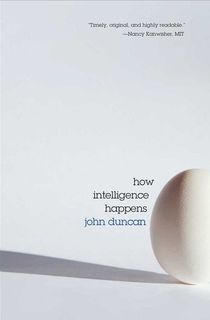
How Intelligence Happens
Human intelligence is behind everything that we know. From the building of cars and cities, and from understanding the tiniest atoms to the vastness of the universe, our minds are the drivers of innovation and discovery.
But how does this intelligence work? Why are our brains able to function in such a way when no other species on the planet is capable of the same thing? In How Intelligence Happens, psychologist John Duncan explains the foundation of human intelligence.
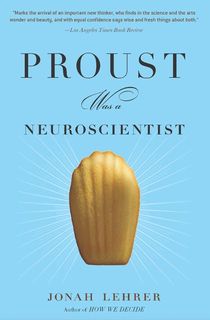
Proust Was a Neuroscientist
Proust Was a Neuroscientist brings together the worlds of art and science to reveal how humans have made discoveries through art long before scientists have inspected the same ideas. Jonah Lehrer takes a group of artists—a painter, a chef, a poet, a composer, and a few novelists—and investigates how each of them discovered an essential piece of the mind that science is only now rediscovering. We learn that artists such as Marcel Proust, George Eliot, and Gertrude Stein were some of the first to discover scientific phenomena like the malleability of the brain, the fifth taste of umami, and the deep structure of language.
Related: 10 Intriguing Art History Books
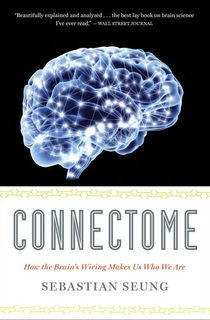
Connectome
Every human is unique. While we may share the same physical attributes as others out there, it’s our relationships, failures, passions, and other experiences and personality traits that make us individuals. But how?
Sebastian Seung and his dedicated group of researchers are at the forefront of explaining what causes individuality. Readers will be "swept along with [Seung's] enthusiasm, as he moves from the basics of neuroscience out to the farthest regions of the hypothetical, sketching out a spectacularly illustrated giant map of the universe of man” (The New York Times).
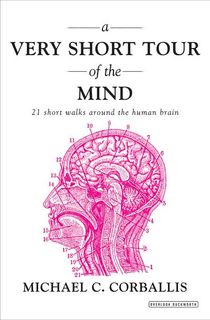
A Very Short Tour of the Mind
The human brain is one of the most complex organs in the universe. While it’s no match to the speed of modern computers or the size of a whale’s brain, the human brain reigns supreme in terms of sheer intellect and capacity for creativity. Yet we still have oversights. For example, why can squirrels remember where they bury nuts, but we can’t remember where we put our car keys? Through this collection of short, entertaining essays, cognitive neuroscientist Michael Corballis explains all the things we know—and don’t know—about the human mind.
This post is sponsored by Open Road Media. Thank you for supporting our partners, who make it possible for The Archive to continue publishing the history stories you love.
Feature image: Robina Weermeijer / Unsplash
